Reprinted in honor of this day in 2014 when Germany won the Soccer World Cup.
It wasn’t the first time I’d hitchhiked, but I was 18 the last time I did anything this dumb. Or this kind of dumb anyway. Allow me to explain.
I was back in the States and it was the day of the final match of the 2014 World Cup, Germany vs. Argentina. My family unfortunately all had a prior engagement. They took the car that morning and left for a certain Country Fair. [1]
I, however, remained true to the country of my husband and my adopted home for the last 26 years. I put on face paint, donned my German lei, and headed out the door.
I’d done my research. I knew the exact location of not just a sports bar in town, but a soccer sports bar at that – and I gave myself plenty of time to get there. As I headed down a footpath alongside the main road, a Mercedes Benz honked its horn repeatedly when the driver passed me. I looked at the car and laughed: he had decorated it with the colors of the German flag. I gave him a big wave and headed for my bar.
Ten minutes later I neared the entrance to a park and was astonished to see the car again. It was waiting for me. The driver had rolled down his window. “Do you know where I can go to see the game? I’m driving through on business, on my way to the coast, and I don’t know where to go to watch the match!” His accent was German and anyway he had the (to me) comforting look of a German engineer. [2]
“I sure can!” I answered. “There’s a sports bar near downtown. You need to turn around, take a left before the ramp for the freeway heading south, go under the overpass, take the one-way road three blocks and….” I stopped talking and considered. The park was empty, and so was the path I was walking on. I thought to myself, “Jadi, this could end up being the last spot anyone might have seen you standing alive before you made one last, stupid, fatal blunder.”
I scrutinized the driver more carefully. And then I made a snap decision.
“It’s complicated. Give me a ride, and I’ll guide you to get to the bar,” I offered. “Otherwise, it’ll take too long to describe.” The surprised dude immediately agreed. He opened the car door and I climbed in.
Fifteen minutes later we claimed two of the very last available seats in the packed bar (the employees were bringing in more chairs when we entered). I sat between the man whose name I no longer remember and a Mexican father and daughter.
The things we do for love (love of soccer, that is). No need to hitchhike this year, which is probably a good thing. I figure I used up my entire quota of guardian-angel-watching-over-you-while-you-do-something-colossally-stupid protection. But I’m definitely watching some soccer. France vs. Croatia, Sunday night! Come early if you want a seat!
NOTES: [1] Go to my post The Oregon Country Fair for more on the fair. I’m still glad I made it to that bar and saw Germany win. [1a] … especially after watching their pathetic performances since…. [2] The standard German engineer: short hair, clean shaven (99.99% of the time), honest face and slim body wearing jeans, an ironed shirt and a trustworthy earnest expression.
NOTES: © Jadi Campbell 2018. Previously published as The Last Time I Hitchhiked was to get to a Bar. All photos © Uwe Hartmann. Uwe’s photos of our trips and his photography may be viewed at viewpics.de.
Click here for my author page to learn more about me and purchase my books.


 Anne Frank was born on June 12, 1929 in Frankfurt am Main, Germany. Her unexpectedly discovered journal The Diary of Anne Frank is a testament to the endurance of the human spirit. In honor of her life I am reprinting my first post about Stolpersteine, the Stumbling Stones laid throughout the world to remember the lives of those killed by repressive regimes. – Jadi
Anne Frank was born on June 12, 1929 in Frankfurt am Main, Germany. Her unexpectedly discovered journal The Diary of Anne Frank is a testament to the endurance of the human spirit. In honor of her life I am reprinting my first post about Stolpersteine, the Stumbling Stones laid throughout the world to remember the lives of those killed by repressive regimes. – Jadi





 Author and journalist Mark Kurlansky was born December 7, 1948 in Hartford, Connecticut. He has written about oysters, cod, salt, salmon, milk and paper – among other topics. His writing is engaging and informative. I have copies of Cod: A Biography of the Fish That Changed the World (an international bestseller translated into more than 15 languages) and Salt: A World History. His book
Author and journalist Mark Kurlansky was born December 7, 1948 in Hartford, Connecticut. He has written about oysters, cod, salt, salmon, milk and paper – among other topics. His writing is engaging and informative. I have copies of Cod: A Biography of the Fish That Changed the World (an international bestseller translated into more than 15 languages) and Salt: A World History. His book 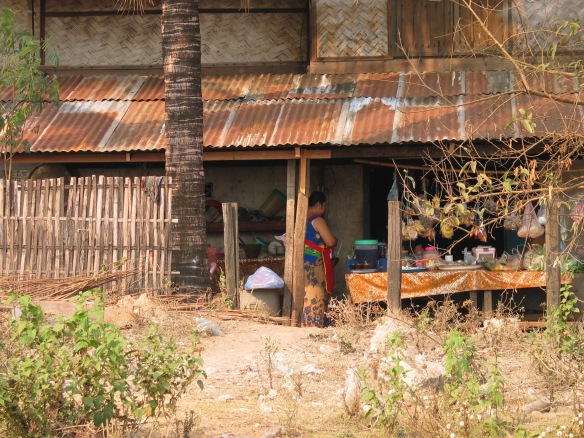




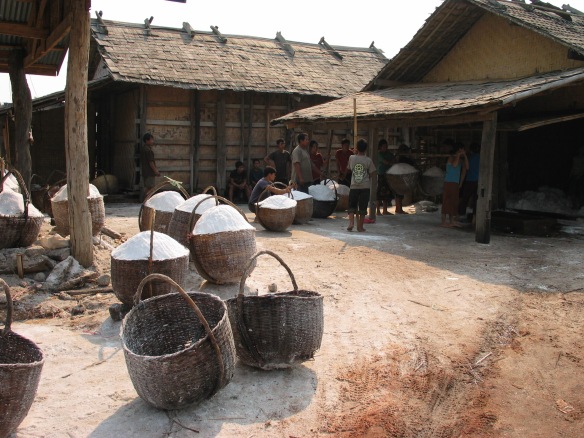
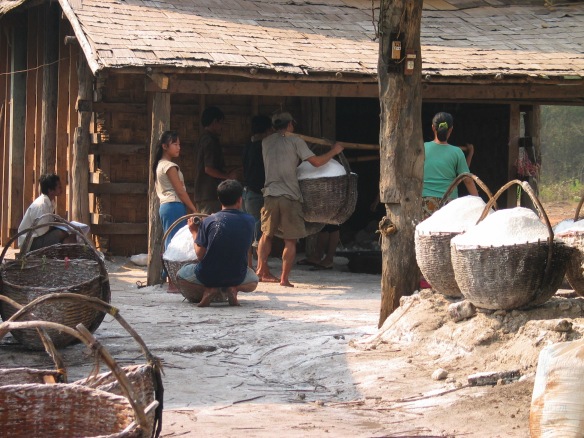

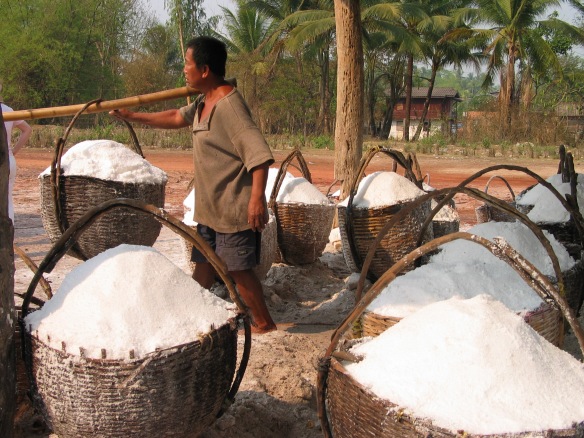
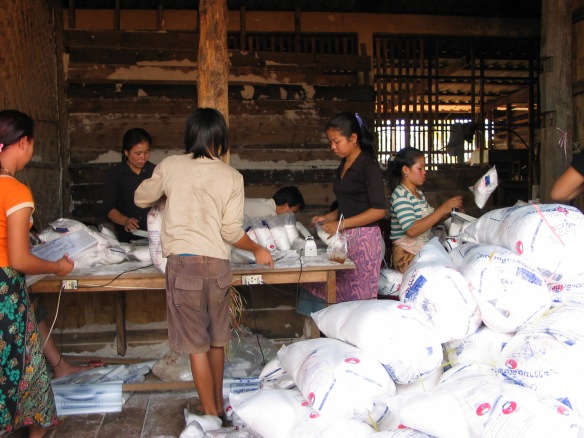
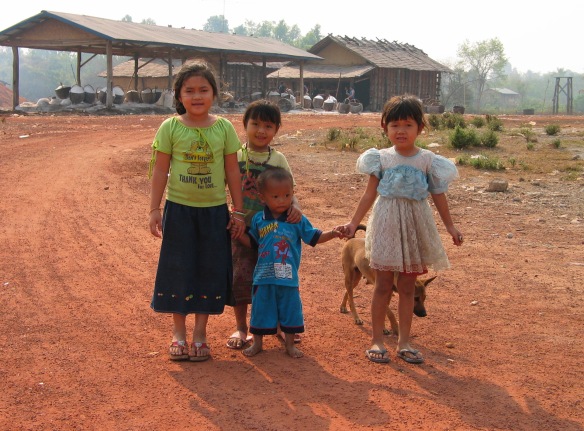

 They carry yellow stickers. Return to Sender. Not Deliverable as Addressed. Unable to Forward.
They carry yellow stickers. Return to Sender. Not Deliverable as Addressed. Unable to Forward.


 My own, less clever Christmas cards are a way to remain connected to my mom’s tradition. And the cards are my way to remain connected, if I can, even if just one day out of the year, with the people who were in my life in various places at various times. Each of them helped me with their friendships more than they’ll ever know. Each year a few cards come back, and another friend has dropped from my life.
My own, less clever Christmas cards are a way to remain connected to my mom’s tradition. And the cards are my way to remain connected, if I can, even if just one day out of the year, with the people who were in my life in various places at various times. Each of them helped me with their friendships more than they’ll ever know. Each year a few cards come back, and another friend has dropped from my life.



 Thorsten has it down to a culinary science, an art form. He marinates the elk in red wine and spices for days. Then he puts it in the oven to roast until it shrinks to about half the original size. Thorsten serves it with gravy, homemade Knödel and cooked red cabbage.
Thorsten has it down to a culinary science, an art form. He marinates the elk in red wine and spices for days. Then he puts it in the oven to roast until it shrinks to about half the original size. Thorsten serves it with gravy, homemade Knödel and cooked red cabbage.

 NOTES: Text and photo © Jadi Campbell 2019. To see Uwe’s pics from our trips go to
NOTES: Text and photo © Jadi Campbell 2019. To see Uwe’s pics from our trips go to